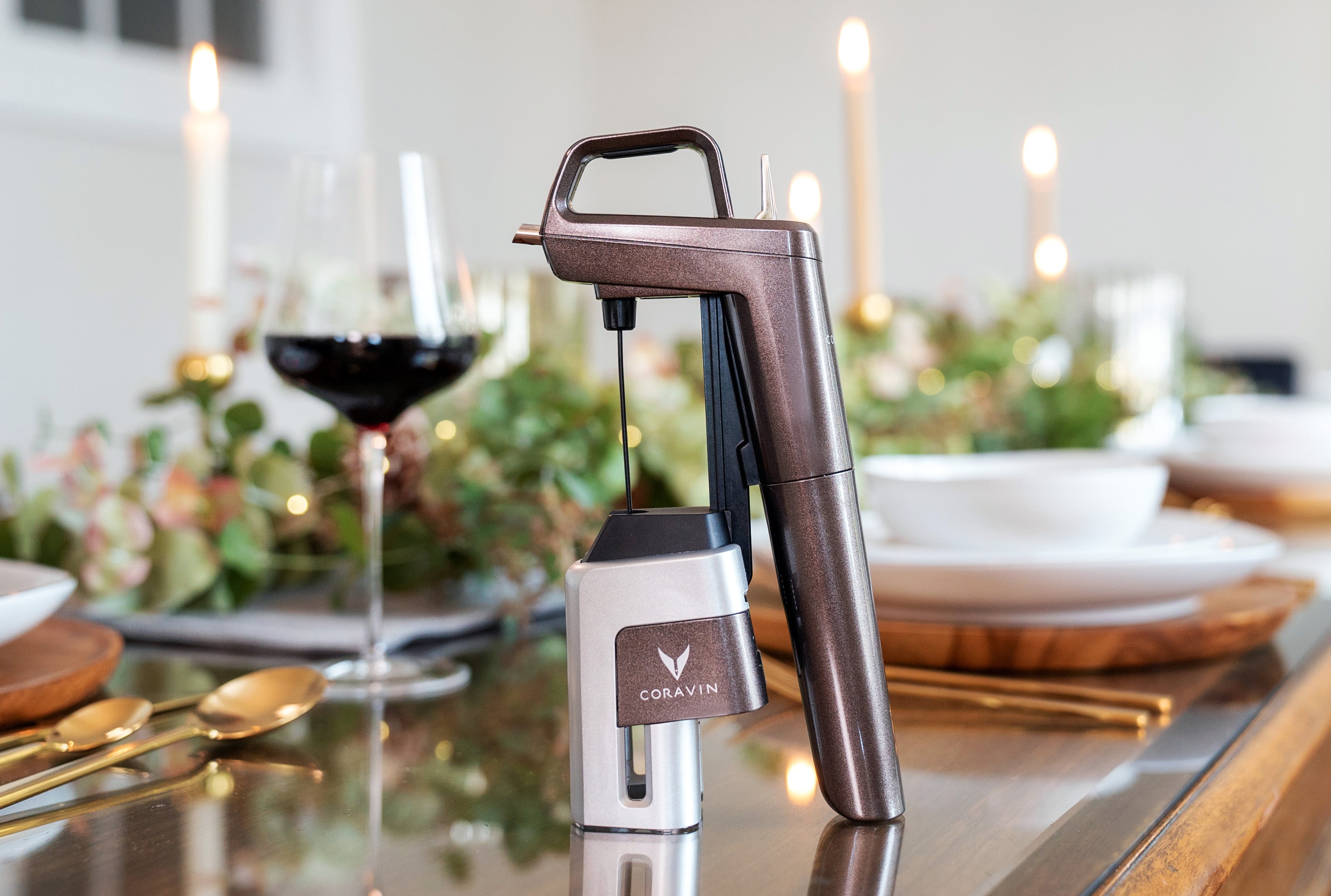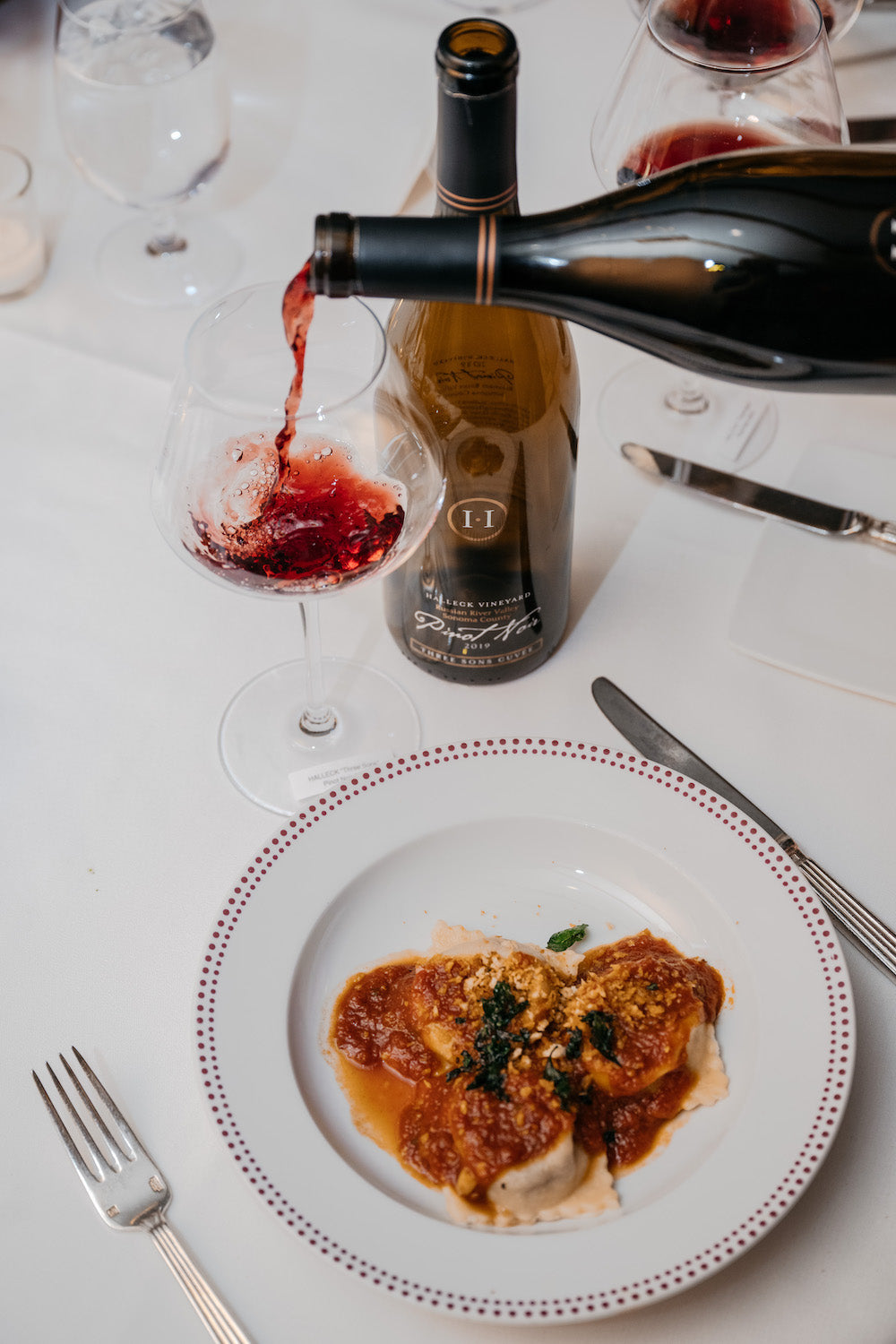Upcoming Wine Festivals In Sonoma County - Sebastopol Winery Experience
Upcoming Wine Festivals In Sonoma County - Sebastopol Winery Experience
Blog Article
Wine Tasting Trails In Sonoma Valley - Wine Tasting And Vineyard Tours In Sonoma
Wine tasting is often thought to be an art type, one that goes past merely enjoying a beverage. It embraces a fancy interplay of flavors, aromas, and textures that requires devoted practice to really grasp. Many who venture into the world of wine tasting rapidly realize that it entails much more than simply sipping wine. Improving sensory skills by way of dedicated winery wine tasting can elevate the experience, reworking a casual consuming occasion into a sophisticated exploration of the senses.
At a primary stage, wine tasting engages the senses of sight, odor, style, touch, and even sound. Each part plays an important function in appreciating the nuances of a wine. When one first pours a glass of wine, the rich hues can present preliminary insights into its age and varietal. Observing the color and clarity helps kind expectations in regards to the wine's flavor profile. Many don’t fully recognize how this visible assessment can set the stage for what's to observe.
The subsequent step is to have interaction the sense of smell. Swirling the glass aerates the wine, allowing its risky compounds to escape and fill the air with its bouquet. The nose entails some fascinating layers—different aromas can signal varied features of the winemaking course of, including the type of grapes used, fermentation strategies, and getting older situations. Developing a keen sense of smell is often a game-changer in wine tasting.
Artisan Wineries In Russian River Valley - Sonoma Vineyard Tours
To enhance this sensory skill, wine enthusiasts are sometimes encouraged to take part in dedicated tastings at wineries. These tastings permit people to focus solely on the sensory experience (Affordable Wine Tastings In Sonoma County). Tasting classes led by knowledgeable sommeliers or winemakers can provide insights into identifying distinct aromas. Studying to differentiate between floral, fruity, earthy, and spicy notes can empower a taster to articulate their experience with larger precision.
As one practices their sensory abilities, they could discover that their style preferences evolve. This transformation usually occurs after multiple tastings. A wine that initially appeared overwhelming might reveal hidden layers of complexity with a little bit of experience. Understanding how to isolate particular person flavors such as acidity, sweetness, bitterness, and umami contributes considerably to the general wine experience.
Another important element in enhancing sensory skills is the context during which wine is tasted. Environmental elements like temperature, lighting, and even the corporate present can influence perceptions. At a winery, an optimum setting can reduce distractions and enable a more profound exploration of the wine (Hidden Gem Wineries In Sonoma County). Practicing conscious tasting techniques encourages a more immersive experience, permitting tasters to hone in on their senses.
It is not solely about individual notion, though. Partaking with others during a tasting also can improve sensory skills. Sharing notes and discussing impressions fosters a deeper understanding of the wine. This collaborative approach encourages members to articulate their sensory experiences, thereby broadening their linguistic repertoire related to wine tasting.
Wineries Offering Off The Beaten Path Experiences - Top Sonoma Wine Tasting Destinations
Moreover, pairing wine with food can significantly enhance the tasting experience. Completely Different combos can convey out unique flavors in each the wine and the dish. As one tastes a wine alongside specific foods, they'll begin to recognize how sure components in the wine complement or contrast with what they're eating. This skill of pairing is one other layer that enriches sensory improvement.
Training one’s palate can involve a variety of exercises. Some enthusiasts have interaction in systematic tasting experiences, sampling a variety of wines that showcase different varietals, areas, or vintages. Exploring this variety can sharpen the ability to discern nuances throughout different wine profiles. Over time, this practice builds a psychological library of flavors that might be accessed during future tastings.
Notably, written notes serve a twin purpose: organizing one’s ideas and reinforcing memory. By writing down observations about each wine, tasters can monitor their progress over time. Detailing the characteristics of wines assists in solidifying information, ultimately deepening one’s appreciation of what they devour.
Furthermore, attending workshops or classes centered on sensory analysis can be useful. Many wineries offer these instructional programs to assist people refine their skills. Typically, skilled instructors guide individuals by way of structured tastings, focusing on particular elements of the wine. This degree of education reinforces the sensory skills asynchronously and challenges tasters to assume about their experiences from different angles.
Remarkable Craft Wineries In Sebastopol - Sonoma Wine Retreats
Over time, the dedication to enhancing sensory skills by way of devoted winery wine tasting can yield significant rewards. The enjoyment derived from wine becomes layered and multifaceted. No longer limited to a simple preference for "red" or "white," tasters begin to appreciate the stories behind each pour. They cultivate a palette capable of navigating the complex panorama of flavors with confidence.
In conclusion, the journey of enhancing sensory skills by way of devoted winery wine tasting is as rewarding as it's pleasant. It requires focus, dedication, and a willingness to study, but the outcomes far exceed the initial effort. By engaging multiple senses and participating in thoughtful discussions, people not solely turn into more proficient at figuring out flavors but in addition develop a deeper appreciation for the craftsmanship behind each bottle. The process transforms wine from a mere beverage into a wealthy tapestry of sensory exploration that beckons enthusiasts to delve deeper. As skills enhance, so too does the enjoyment, enriching life experiences one sip at a time.
Wineries With Sustainable Practices - Discovering The Vineyards Of Sonoma County
- Partaking the palate through diverse wine varieties enhances the power to distinguish flavors and aromas, refining overall sensory perception.
- Collaborating in guided tastings promotes targeted consideration on refined characteristics of each wine, nurturing crucial tasting skills.
- Learning to determine particular grape varieties fosters a deeper understanding of terroir, which aids in recognizing regional flavor profiles.
- Incorporating food pairings throughout tastings can heighten sensory consciousness, as different tastes can influence each other and alter perceptions.
- Practicing the art of swirling and nosing wines allows individuals to connect olfactory cues with taste, enhancing the power to articulate sensory experiences.
- Attending workshops that emphasize blind tastings trains members to rely purely on their senses somewhat than preconceived notions, enhancing objectivity.
- Elevating sensory skills can result in higher wine choice skills, empowering people to make knowledgeable selections primarily based on personal preferences.
- Participating with educated sommeliers presents insights into wine-making processes, which deepens sensory appreciation and enhances vocabulary for describing wines.
- Common participation in tastings encourages reminiscence growth of flavors and aromas, aiding within the formation of a personalised sensory profile over time.
- Sharing tasting experiences with friends fosters dialogue, selling communal studying that can enhance individual sensory skills through collaboration.undefinedWhat is the aim of bettering sensory skills by way of wine tasting?

Bettering sensory skills by way of wine tasting allows people to reinforce their ability to establish and respect the various aromas, flavors, and textures of wine. This heightened sensory consciousness can result in a deeper understanding of wine and an overall enriched tasting experience.
Wineries With Estate-Grown Grapes - Exploring The Vineyards In Sonoma County
How can I develop my sensory skills at a winery?
You can develop your sensory skills at a winery by participating in guided tasting classes that concentrate on particular varietals. Have Interaction with educated workers who can present insights and encourage you to take notes in your impressions, enhancing both your observational and descriptive talents.
What should I expect during a devoted wine tasting experience?
Wineries Specializing In Sparkling Wines - Sebastopol Winery Experience
Throughout a devoted wine tasting experience, count on to sample a selection of wines while receiving targeted schooling about every one. You May be taught in regards to the winemaking process, tasting techniques, and the way to discern totally different sensory traits, all more information in a relaxed surroundings.

Is prior information of wine necessary to profit from a sensory skills workshop?
- Wineries With Locally Sourced Food Options
No prior information of wine is critical; the workshops are designed for all levels of experience. Novices will find useful data to build from, whereas seasoned tasters can refine their skills and expand their palate even additional.
How do sensory skills impression my overall wine appreciation?
Good Wineries For Large Groups In Sonoma Valley - Wine Tasting And Vineyards In Sonoma
Bettering sensory skills considerably enhances your overall wine appreciation by permitting you to determine subtleties and complexities in wines. This deeper understanding enriches your tasting experience and helps you make informed selections primarily based on personal preferences.
Are there specific techniques I should use whereas tasting wine to improve my sensory skills?
Wineries Focusing On Single Vineyard Wines - Wine Tasting Experiences In Sebastopol
Sure, using techniques such because the "SWOT" methodology (Sight, Swirl, Scent, Sip, Savor) may be helpful. Pay consideration to the wine's look, aromatics, and mouthfeel, and take your time with every sip to completely discover the flavors and sensations.
What kind of wines are sometimes included in sensory skills tastings?
Sometimes, sensory skills tastings include a selection of wines that showcase different areas, varietals, and styles. This range helps individuals identify distinct traits and enhances their capability to differentiate between wines.
Can sensory skills workshops be personalized to my tasting interests?
Wineries Located Near Russian River Valley - Winery In The Sonoma Wine Region
Many wineries provide personalized choices for sensory skills workshops, permitting you to concentrate on particular forms of wines or themes that curiosity you, corresponding to organic wines or distinctive regional choices. It Is finest to inquire instantly with the winery for tailor-made experiences.
Is there a approach to practice sensory skills after leaving the winery?
Sure, you presumably can practice your sensory skills at home by tasting completely different wines and resource preserving a tasting journal. Experimenting with varied food pairings and aromatics can additional improve your understanding of how flavors interact, reinforcing the talents gained at the winery. Report this page